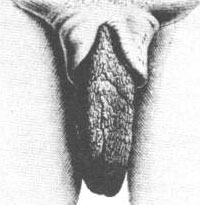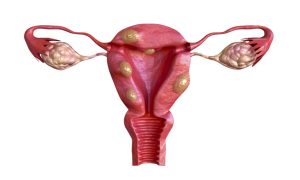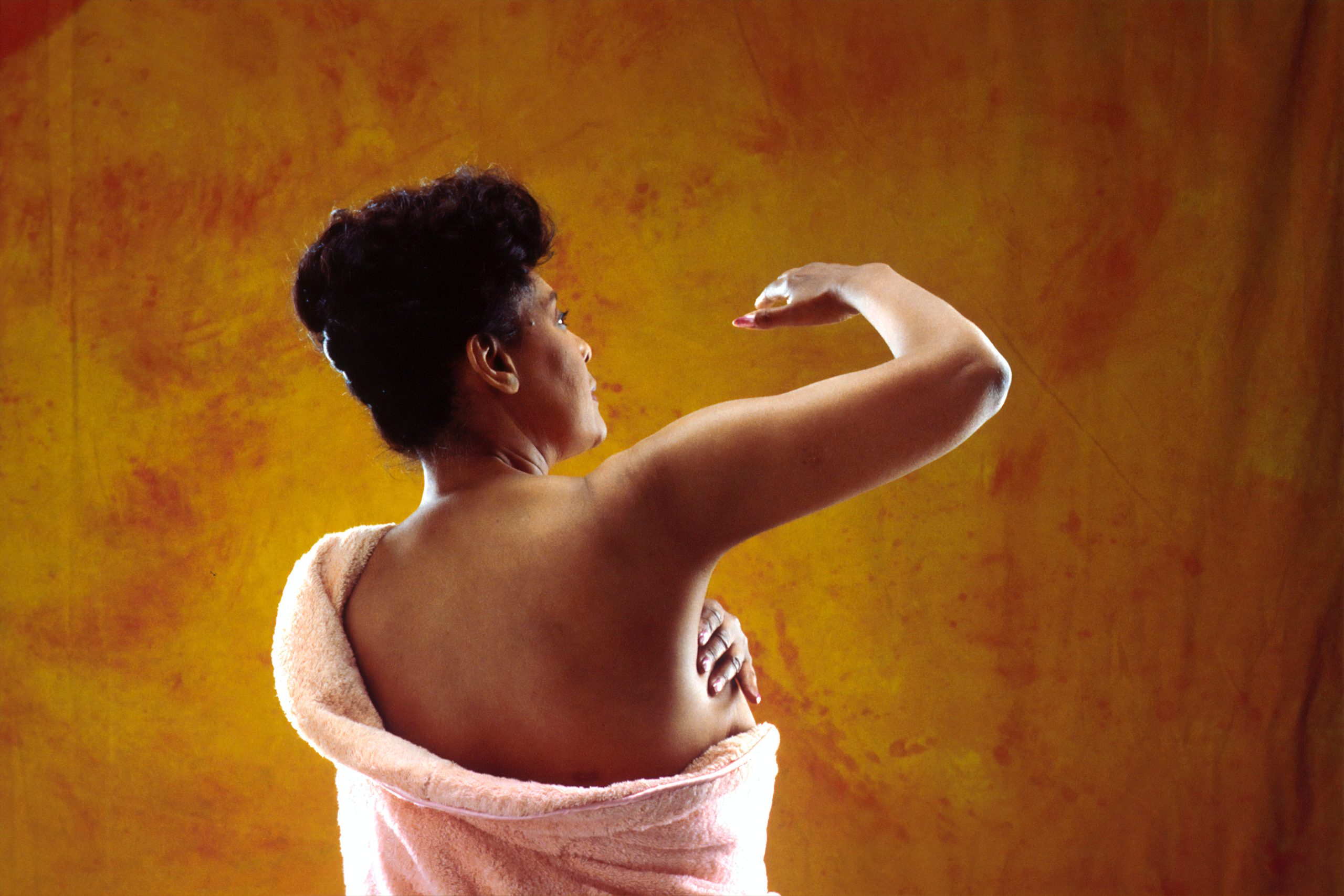
Female Genital Mutilation – The Controversy around Labia Elongation. Is the fight really won?
The Controversy around Female Genital Mutilation (FGM) especially in East African Regions makes it a sensitive topic to discuss with its victims. There are many forms of FGM, usually enforced by parents onto their children, from generation to generation, and mostly prominent in rural areas.
What is FGM really?
According to the World Health Organization (WHO), Female Genital Mutilation (FGM) is mainly described as the partial or complete removal of the external female genitalia, or other injury to the female genital organs for non-medical reasons and with no health benefits. The practice can result in bleeding, Inflammation, urinary problems, infections, etc. It is internationally recognized as a violation of the human rights of girls and women and is an extreme form of discrimination against girls and women. While some are affected physically and emotionally, and try to stand up against the practice, others advocate for the cause and push for the agenda to be embraced by everyone. Most people who practice or promote FGM often talk of it as tradition, and a way to maintain cultural identity, given that their ancestors have upheld it for decades. It was used by men in the past and some men today to control women’s sexuality and enforce gender norms. In some communities and families, is still considered a prerequisite for marriage and is believed to ensure a girl’s purity and fidelity, or her ability to please her partner after marriage.
The Case of Rwanda; Is Labia Elongation a form of FGM?
In Rwanda, traditional forms of FGM, are not common, and rarely heard of, which makes people believe Rwandan women are free from it. However, labia elongation, which is a common cultural practice known locally as gukuna or guca imyeyo is prevalent. This practice involves the manual stretching of the labia minora, typically initiated at an early age and facilitated by children’s mothers, aunties, female relatives or friends, with the belief that it enhances sexual pleasure and aligns with cultural aesthetics. Some women also get pressured to undergo the practice in their marital homes. It is common in several regions in Africa including the East African Community (EAC), Central Africa and Southern Africa.
Previously, the World Health Organization classified labia elongation as type IV FGM, but in 2008, reconsidered its classification of labia elongation and began to describe it as “female genital modification” rather than “female genital mutilation“. This change was made considering that the practice does not typically involve physical violence, although it still poses health risks and ethical concerns such as pain, inflammation, tissue damage, infections, or gender inequality, by placing the burden of sexual satisfaction on women, which can contribute to unrealistic expectations and pressure, possibly resulting in body shame. Many people in Rwanda argue that labia elongation should meet its end, while others keep pushing for the practice. As global awareness of women’s rights grows, the practice has become more discreet, especially in urban areas where it may face legal or social scrutiny. There has been a decline in the practice due to education, urbanization, and exposure to global perspectives on gender equality and bodily autonomy, but It remains a sensitive topic. In neighboring Uganda, Kenya and Tanzania, the practice is also present, alongside more severe forms of FGM such as clitoridectomy and infibulation, which could migrate across borders, due to cultural and migration influence.
The Reality of Labia Elongation: Voices from Rwanda
A recent interview published by Rwanda Family Magazine TV features several women sharing their personal experiences and thoughts on labia elongation, revealing that they were forced or pressured at young ages and that they believe it is an unnecessary practice and should be stopped.
Insights reveal that labia elongation was initially practiced by Rwandan women in the past to protect their genital openings in the absence of underwear. Over time, it became sexualized, with some men perceiving it as attractive and an act to please them. The practice’s relevance today is questioned, given modern alternatives for genital protection, and the lack of health benefits to it. Some women have shared traumatic experiences, describing the process as painful, lengthy, and fear-driven, with no clear gains explained beyond claims of enhancing sexual pleasure for future husbands. Girls undergo the practice out of fear or due to pressure, mostly fueled by threats or societal pressure, and, as adults, often remain silent about its impact on them due to the fear of rejection and cultural expectations.
The Broader Impact
Labia elongation and other forms of FGM have significant consequences on the daily lives of victims. People continue to defend it as a means of enhancing sexual pleasure, but the psychological impact and health risks cannot be ignored. Furthermore, any activity that influences the sexuality of a person, when imposed on minors, constitutes not only child abuse, but violation of their Sexual and Reproductive Health Rights. As awareness grows, there is an increasing call for education and dialogue to ensure that cultural practices respect bodily autonomy and prioritize the well-being of individuals. Allowing girls to grow up and make informed choices about their bodies remains a crucial step in balancing tradition with human rights.
Every year, on Feb 06, the International Community celebrates the International Day of Zero Tolerance for Female Genital Mutilation, to amplify and Direct efforts towards the elimination of this practice. At Kosmotive, we are dedicated to promoting women’s reproductive health and rights. Our initiatives focus on education, advocacy, and community engagement to raise awareness around Women’s and girls’ Reproductive Health.
We call upon everyone and the international community to support efforts aimed at eliminating issues such as FGM in all its forms. This includes investing in survivor-led movements, enhancing educational programs, and enforcing laws that protect women’s rights. We encourage individuals in Rwanda and beyond to normalize conversations around the topic, refrain from pressuring women into the practice of labia elongation or other forms of body modification, against their will, and to empower women and girls to make informed choices about their bodies.
FGM is a global issue that transcends borders. Even in countries like Rwanda, where its prevalence is lower, the influence of neighboring regions and underlying cultural practices necessitate vigilant and proactive efforts.
Sources
For more information on global efforts to end FGM, please visit the United Nations’ page on the International Day of Zero Tolerance for Female Genital Mutilation, Read Here
To learn more about the psychological impact of FGM and support initiatives, see this Article
For insights into the current state of FGM globally and the need for renewed efforts, Read Here
Labia Elongation is child abuse
Voices from Rwanda on Labia Elongation











